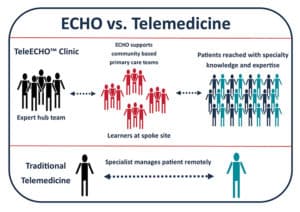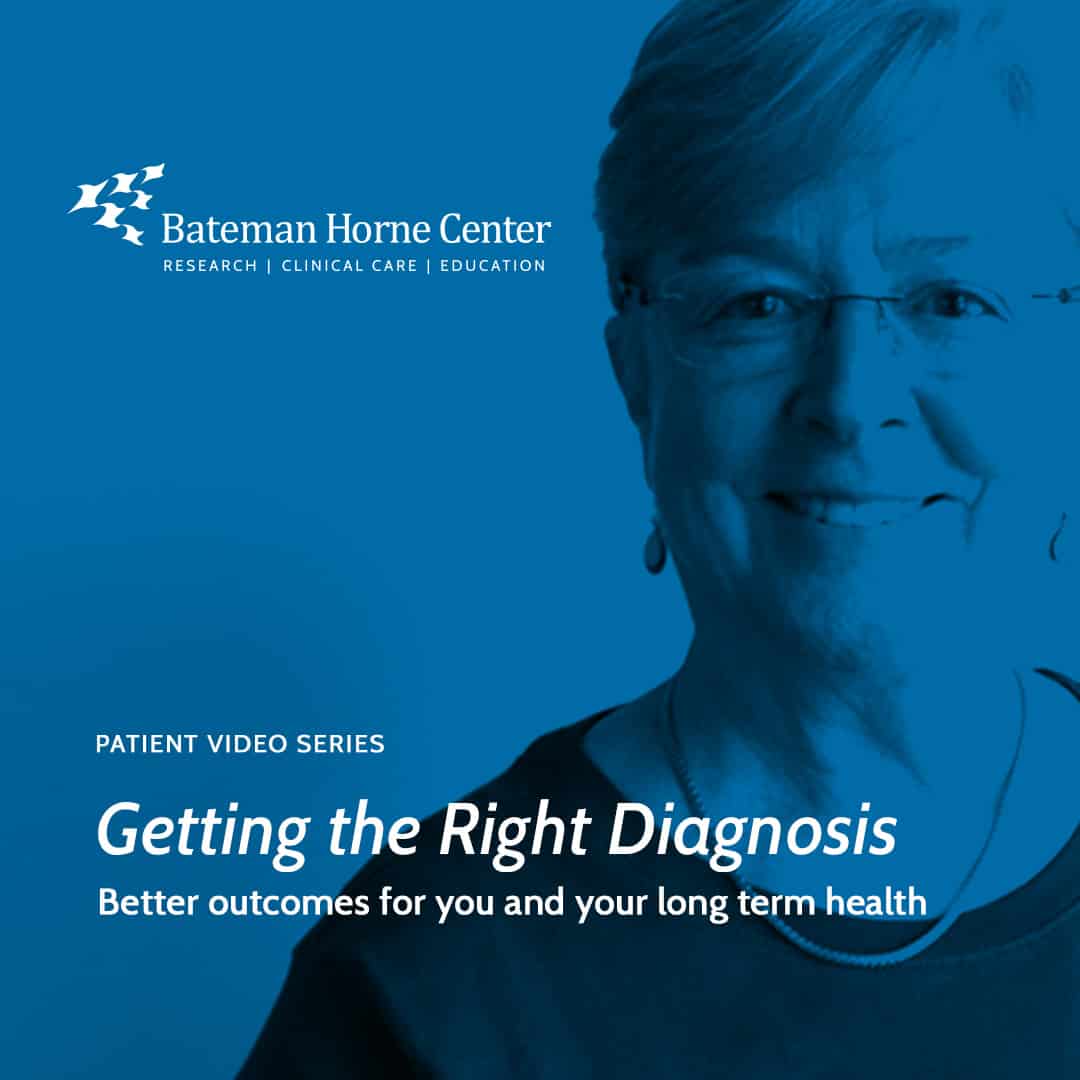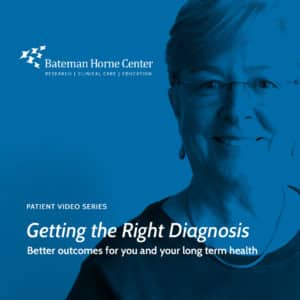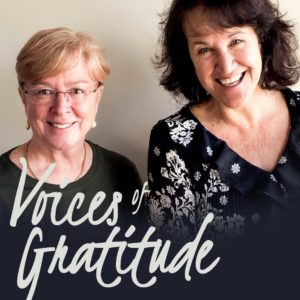In our November education meeting, Dr. Bateman delivered an update on the progress and impact BHC has made in the last four years as a 501 (c)3 nonprofit dedicated to those suffering from ME/CFS and FM. She updated the community on our move towards a multi-disciplinary clinic and a teaching institution.
We started our journey in 2001 as a small, completely-volunteer nonprofit group named OFFER (Organization for Fatigue and Fibromyalgia Education and Research) that intended to change the way people view ME/CFS and fibromyalgia. On a budget of $20,000-$30,000 annually, OFFER hosted continuing medical education conferences with 800+ attendees and advocacy and education conferences with 300-400 participants each.
In January 2013, the chairmen of our board, Ted Kaly, made a motion to use an unexpected $130,000 donation to create a Center of Excellence. After careful consideration and a critical review of how OFFER could better serve patients’ needs, the motion passed. It was in 2015, in time with the release of the IOM report, that OFFER and Dr. Bateman’s private clinic (Fatigue Consultation Center) transformed into the Bateman Horne Center.
Creating a Model of Excellence in Clinical Care
In the fall of 2015, an anonymous donor invested $250,000 in the BHC, allowing us to stabilize the center, hire key staff, and move to a larger location. This is when we began modeling BHC into a Center of Excellence (CoE).
Centers of Excellence include several key characteristics: they offer onsite care, are housed near academic centers, they include a clinical research team, community outreach, patient education and other social services. Bateman Horne Center is focusing now on assembling a multi-disciplinary team to provide clinical care to support clinical research and treatment of ME/CFS patients.

For years, Dr. Bateman aggressively searched for qualified clinicians to ease her heavy workload and broaden research and treatment potential. For a long time no leads for curious and compassionate physicians materialized.
Moving the needle forward for ME/CFS patients will require BHC to put in place a multi-disciplinary team, personally trained by Dr. Bateman.
This staffing will allow us to evolve into a teaching institution for other doctors and medical students. Our goal is to expand the ranks of informed and compassionate physicians that are trained by experts in ME/CFS.
Introducing Two New Clinicians
We are thrilled to announce that two doctors are joining Bateman Horne Center: Neilly Buckalew, an MD in physiatry (physical medicine and rehabilitation), and Brayden Yellman, an MD in Internal Medicine. With these two new members, we are able to increase capacity for clinical care and research, expand patient resources, and elicit valuable new perspectives on ME/CFS.
Neilly Buckalew graduated from Dartmouth College in 1991. She earned her medical degree at The University of Pittsburgh in 2010 and has worked in several clinical settings including the Mayo Clinic in Rochester, Minnesota. She went on to become the Executive Director of an advocacy group that taught environmental awareness and worked to preserve Native American sites. She also worked as a certified doula for immigrant and teen mothers and practiced naturopathy mainly for women with chronic pain. She has invested a great deal of time in research, particularly the neurobiology of chronic pain. Her understanding of physiatry will be part of a new multi-disciplinary approach to clinical care at BHC. It is important to Dr. Buckalew to participate in our educational efforts and to help patients thrive.
Brayden Yellman graduated in biology from Washington University and went on to attend medical school at the University of Texas. He gained residency in Denver, Colorado and earned a fellowship in rheumatology. He is highly experienced in diagnosing and managing complex health conditions, and developed a patient triage referral system that prioritizes those have suffered most and waited the longest for treatment. He has presented research both locally and nationally, and is recognized for his tireless education, volunteer, and leadership roles in his community. Dr. Yellman was drawn to the Bateman Horne Center because of his mounting frustrations with how healthcare systems care more about numbers than people.
In his words, “It’s evident in everybody that you meet at BHC, just how passionate and dedicated they are to the patient community. I can’t think of any other reason that I went into medicine and did all of the training that I did other than to serve that goal; to help people that have nowhere else to turn, and to make an enormous impact in their lives.”
Accelerating Research & Education
The expansion of our clinical capacity will allow us to accelerate our research program and capacity for patient care at BHC.
As a further extension of our impact, we are excited at the response to our online video series. November 9 we launched this video series with Getting the Right Diagnosis with five other classes to follow. This video series will detail information on core aspects of living with ME/CFS, such as gaining a diagnosis and understanding core symptoms, and is available online and for free.
Our vision is to build a future where patients with ME/CFS and Fibromyalgia are readily diagnosed, effectively treated, and widely met with empathy and understanding. To achieve this, we strive to mainstream medical recognition, research, and treatment of these diseases, and become a leading research and clinical Center of Excellence.
According to Dr. Bateman, “We are able to run this clinic when there are no others like it and create a Center of Excellence. If we can sustain BHC through additional funding, we will grow our clinical capacity, research program and educational resources.”
If you you find our online resources beneficial, we encourage you to make a donation to support the work of BHC. You can also follow us on Facebook, Twitter, Instagram, Youtube, and subscribe to our monthly newsletter for updates on all things ME/CFS.



 Lucinda Bateman, MD, is a renowned clinician, researcher, and educator. Her Johns Hopkins University Medical School training instilled an approach to care that she has employed throughout her career - the patient comes first and the unknown or unexplained does not equate to a lack of proper and compassionate care. Since starting her own practice in 2000, she has served on six boards or committees, been the principal investigator for 45 studies, authored/coauthored 40 journal articles, served as adjunct instructor and adjunct assistant professor in the University of Utah Departments of Preventative Medicine, Internal Medicine, and Anesthesiology, and lectured around the world.
Lucinda Bateman, MD, is a renowned clinician, researcher, and educator. Her Johns Hopkins University Medical School training instilled an approach to care that she has employed throughout her career - the patient comes first and the unknown or unexplained does not equate to a lack of proper and compassionate care. Since starting her own practice in 2000, she has served on six boards or committees, been the principal investigator for 45 studies, authored/coauthored 40 journal articles, served as adjunct instructor and adjunct assistant professor in the University of Utah Departments of Preventative Medicine, Internal Medicine, and Anesthesiology, and lectured around the world.